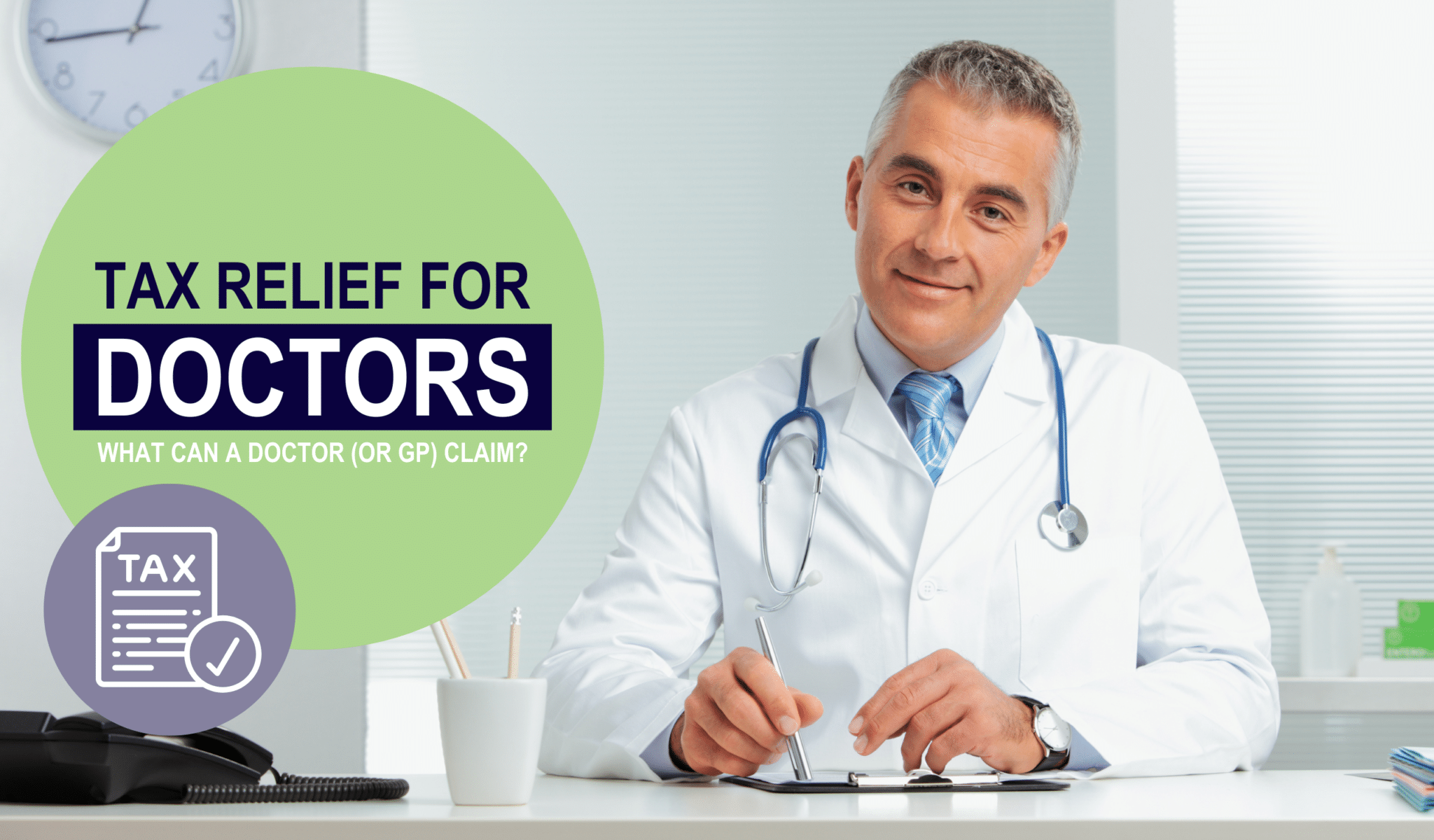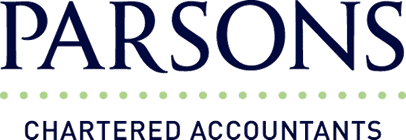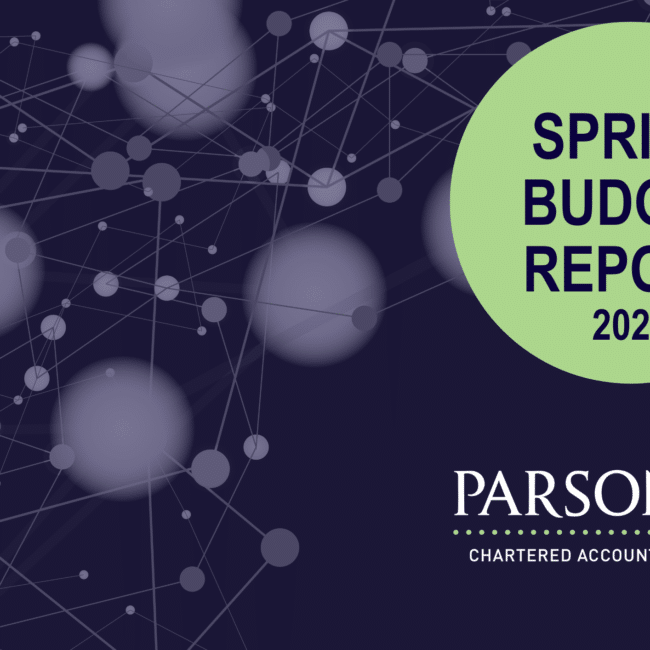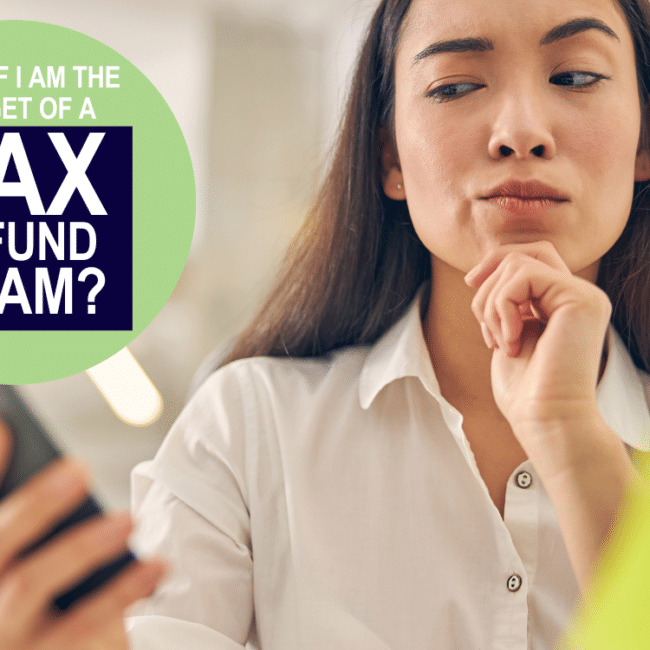
Doctor’s Tax Relief – What can You Claim?
Doctor’s Tax Relief – What Can You Claim?
We take a look at salaried and self-employed doctor’s tax relief allowances, with advice on what you can claim as a valid expense under current HMRC rules*.
DOWNLOAD . EXPENSES GUIDE FOR DOCTORS
Doctor’s tax relief allowances – what can you claim?
One of the most common medical accounting questions we hear is regarding doctor’s tax relief allowances. We understand that tax deductions and HMRC rules can be a little confusing, so we’ve put together this quick guide of the things a doctor can claim tax relief on, and how to calculate allowances.
Firstly, it’s important to note that allowable tax deductions for doctors employed by the NHS, a health trust or similar organisation do vary compared to a self-employed doctor (or GP). Also, if you’re unsure of exactly what counts as a valid tax allowance, you should always speak to an experienced medical accountant or tax professional to help you iron out the details.
Allowable tax deductions for doctors (or GPs)
We’ll primarily focus on self-employed doctors’ tax relief allowances, but will also clarify some key differences for those in salaried employment – the first of which relates to the nature of the expenses incurred.
For self-employed doctors or GPs, expenses must meet HMRC’s “wholly and exclusively for business” criteria, while for PAYE doctors working for the NHS, a health trust or other organisation, an additional clause of “necessarily” must also be observed.
Some of the more general items that doctors can claim tax relief for include:
- Training (only if strictly necessary for their role in the case of employed doctors)
- Professional memberships e.g. GMC and BMA
- Books and journal subscriptions (again, more limited for salaried staff)
- Clothing e.g. scrubs and specialist footwear
- Equipment e.g. stethoscopes and operating glasses
- Administrative support
- Eye tests and glasses
Some additional tax deductible expenses for doctors that are governed by HMRC flat rates are:
- Workwear laundry costs
- Heating, lighting and internet costs for GPs offering remote surgeries, proportionate to the number of rooms in their home
- Travel costs for patient visits or travelling to a surgery that’s not the GP’s usual workplace
- Subsistence costs when working away
How to claim tax relief
To ensure you can claim for every allowable tax deductible expense, keep hold of all of your receipts and invoices – ideally in one comprehensive file. If you wish to claim for work-associated travel (not to and from your normal place of work), keep a clear record of your mileage, covering the date of travel, destination and total mileage for the round-trip. Rates for mileage can change – you can find current tariffs here.
Your expenses submission must be made alongside your surgery’s tax year-end, and for self-employed GPs, you’ll need to file your tax return by 31st January annually. However, please be aware that Making Tax Digital for GPs is due to come into effect and this may enforce some changes on the way you report to HMRC (watch our news pages and social media feeds for updates, or contact our friendly tax team for advice).
Because some of the allowable tax deductions for doctors are quite nuanced and dependent on your working structure, specialist advice will help you feel confident that you’re claiming everything you are entitled to – and nothing you are not! Our specialist medical sector tax professionals are always on hand to help you get your tax relief allowances and expense claims in order – and much more. Contact our team today for personalised advice.
*Article published in March 2023.







